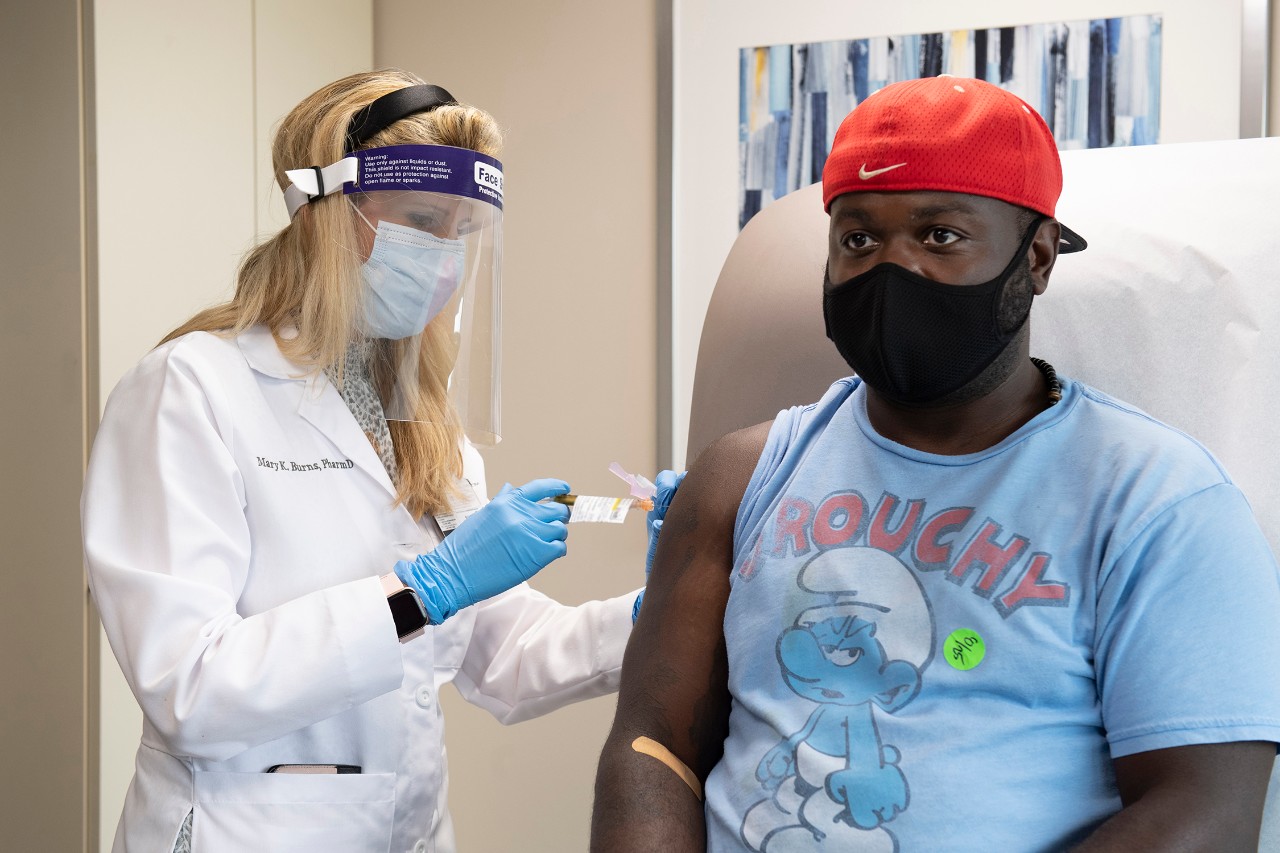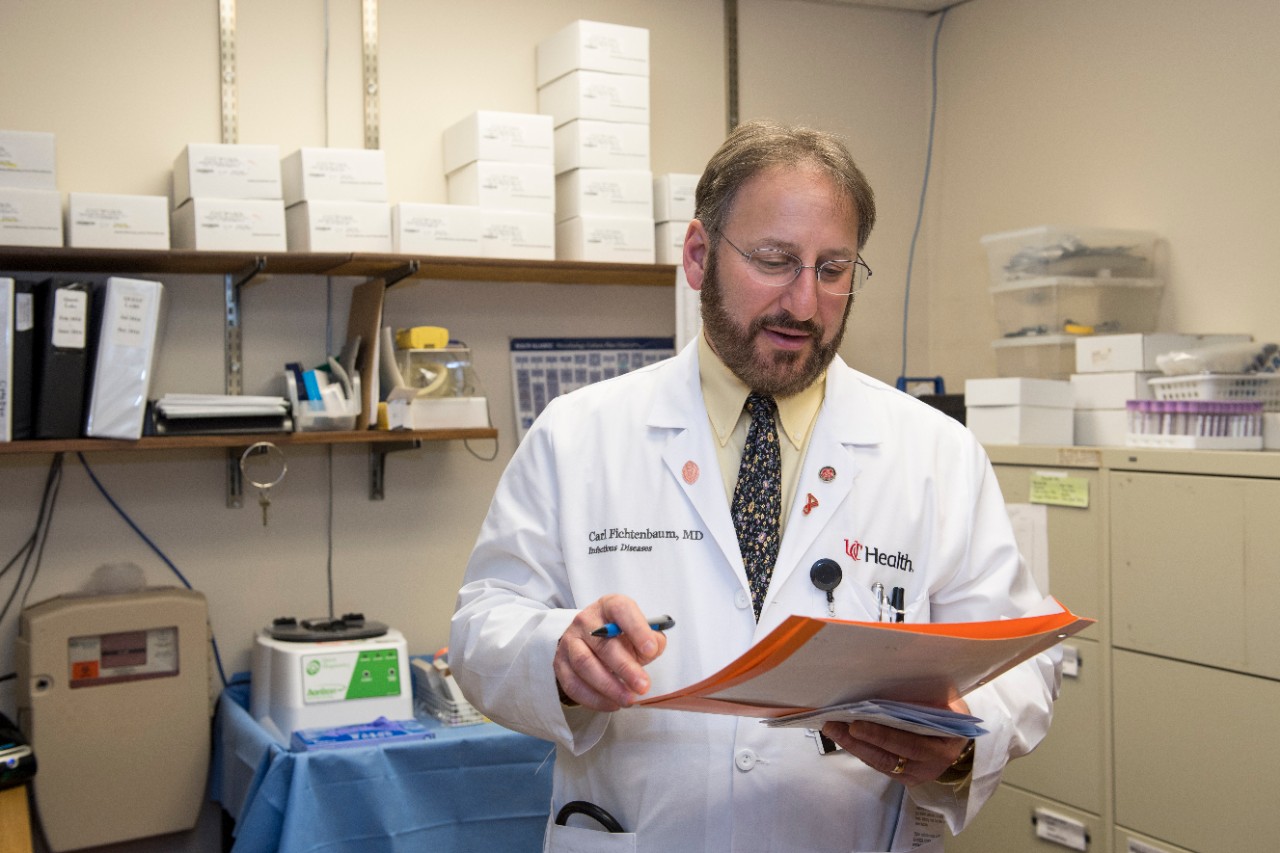
Cincinnati.com: Should I get one of the new COVID-19 boosters?
UC expert says it's best to get boosted before winter
The new booster vaccines to protect against severe COVID-19 have been authorized for use, and they come with the bonus of extra protection against the omicron variants that have been infecting people for months.
The U.S. Food and Drug Administration authorized the Pfizer BioNTech and Moderna boosters on Aug. 31 and the Centers for Disease Control and Prevention followed with approval the following day.
They're called bivalent vaccines because they target two strains of the virus, the original, which all previous vaccines have protected against, and the omicron subvariants BA.4 and BA.5.
Cincinnati.com checked with local experts on COVID-19 boosters, including Carl Fichtenbaum, MD, of the Division of Infectious Diseases in the Department of Internal Medicine at the UC College of Medicine.

Carl Fichtenbaum, MD, of the Division of Infectious Diseases at the UC College of Medicine/Photo/Colleen Kelley/UC Marketing + Brand
The experts cited by Cincinnati.com said the sooner you can get a booster shot the better, and to at least get it done before winter.
"It's best to do this from September to November, in approach of the cold and flu season," said Fichtenbaum.
Fichtenbaum listed a range of ways boosters protect communities.
- They help ensure fewer lost work and school days.
- They prevent economic losses.
- They mean fewer hospitalizations for respiratory-related illnesses during cold and flu season.
"When you add this booster to prior vaccination and prior infection immunity," he said, "there will be a lot more protection in the community against COVID."
Fichtenbaum was also interviewed about COVID-19 boosters on Cincinnati Edition on WVXU. Hear that interview here.
Lead photo/Colleen Kelley/UC Marketing + Brand
Next Lives Here
The University of Cincinnati is classified as a Research 1 institution by the Carnegie Commission and is ranked in the National Science Foundation's Top-35 public research universities. UC's graduate students and faculty investigate problems and innovate solutions with real-world impact. Next Lives Here.
Related Stories
German TV highlights UC expert's ancient Maya discoveries
March 2, 2026
The German television show 'Unsolved Case' talks to a University of Cincinnati expert about ballcourts used by the ancient Maya for a program examining how people used spheres as both tools and toys.
UC studies supplement, therapy alternatives to treat depression
March 2, 2026
Media outlets including Cleveland.com and Cleveland's WKYC News highlighted a new University of Cincinnati clinical trial funded by an approximately $3.5 million grant from the National Institutes of Health’s National Center for Complementary and Integrative Health to test two new nonpharmacological treatments for teens and young adults with depression.
'Paradigm-shifting' study confirms effectiveness of long-acting HIV treatment
February 26, 2026
The results of a clinical trial involving the University of Cincinnati, recently published in The New England Journal of Medicine, show people failing HIV treatments with oral medications were able to be treated successfully using injections.
